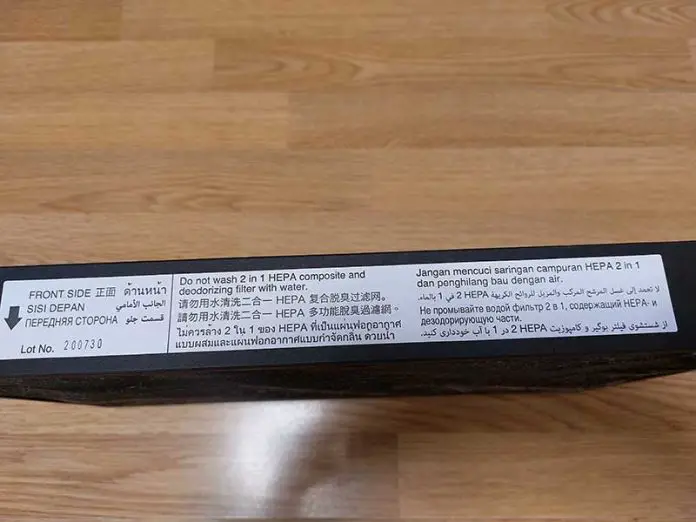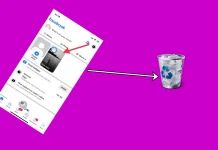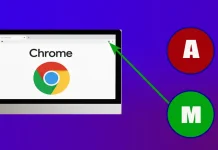HEPA – (high-efficiency particulate air) air filters with a high degree of particulate retention.
In the descriptions of home appliances designed to keep your home clean, you can find mention of the use of a HEPA filter. I will now explain what a HEPA filter is and what it is for.
History of HEPA filters
HEPA filters date back to gas masks, and the first commercial filters were developed in the United States to clean the air of radioactive particles in the nuclear industry in the mid-1940s. Having shown high efficiency, HEPA filters began to be used in household appliances as well as in air conditioning systems.
HEPA filtering standards
There are two standards for HEPA filters: Standard H13, captures 99.95% of particulate matter. Standard H14, the filter captures 99.995% of particulate matter.
| Efficiency | EN 1822 | Retention (averaged) | Retention (spot) |
| HEPA | Н 13 | ≥ 99,95 | ≥ 99.75% |
| HEPA | Н 14 | ≥ 99,995 | ≥ 99.975% |
How the HEPA filter works
Because of its structure and the special fiber material used to manufacture the filter, the filter captures the smallest solid particles very well. The performance of the HEPA filter is based on several factors.
- The smallest particles moving with the air flow hit the fibers and hit them and get stuck in the material.
- A solid particle passing between the fibers gets caught in the weave of the fibers and gets stuck between the fibers. You can compare, as an example, put a lot of thin branches from a tree a little tamped, and then try to throw a tennis ball through this pile of branches, it will get stuck in the branches.
- Having some electrical potential, solid particles are attracted to the fibers and stick to them.
How to clean the HEPA filter
Because of their special structure and material, HEPA filters are impossible to clean; the smallest particles are so tightly trapped in the filter fibers that it becomes impossible to remove them. Of course, you can clean the filter with a vacuum cleaner, it is even recommended, but you will only remove large particles from the surface of the filter. Some manufacturers recommend washing the filters, but this is ineffective, you will also remove only solid particles from the surface of the filter. And some 2-in-1 filter models cannot be washed, it will ruin the filter.
Lifetime of HEPA filters
In home appliances, HEPA filters should be replaced after one year, unless the manufacturer sets a different replacement time. You can also visually inspect the filter, if it has turned black, it is better to replace it. You can also be guided by how long you use the filter.
Do HEPA filters capture odors and smoke
HEPA filters only partially trap odors along with particulate matter. An additional charcoal-based absorbent element is used to trap odors. This can be a two-in-one filter, one part of which consists of a HEPA filter and the other part consists of cells containing an absorbing element. Usually the absorber element is located after the HEPA filter.
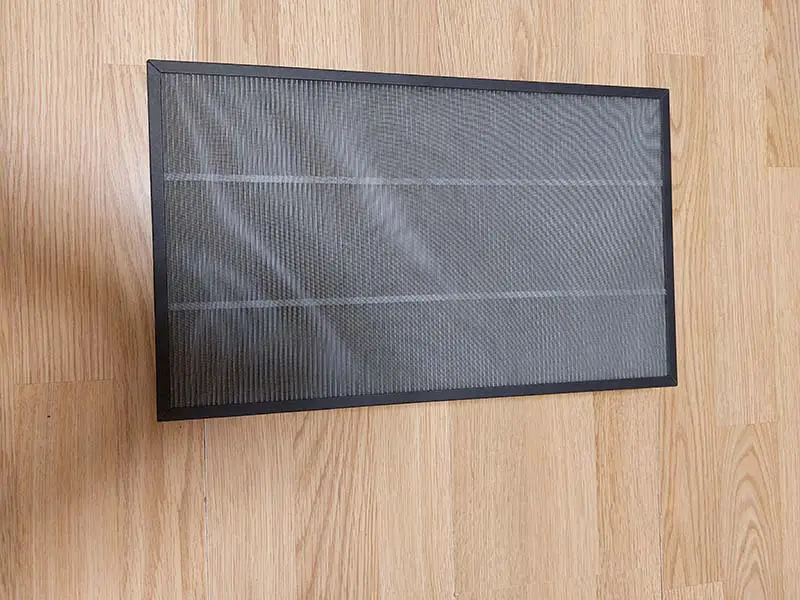
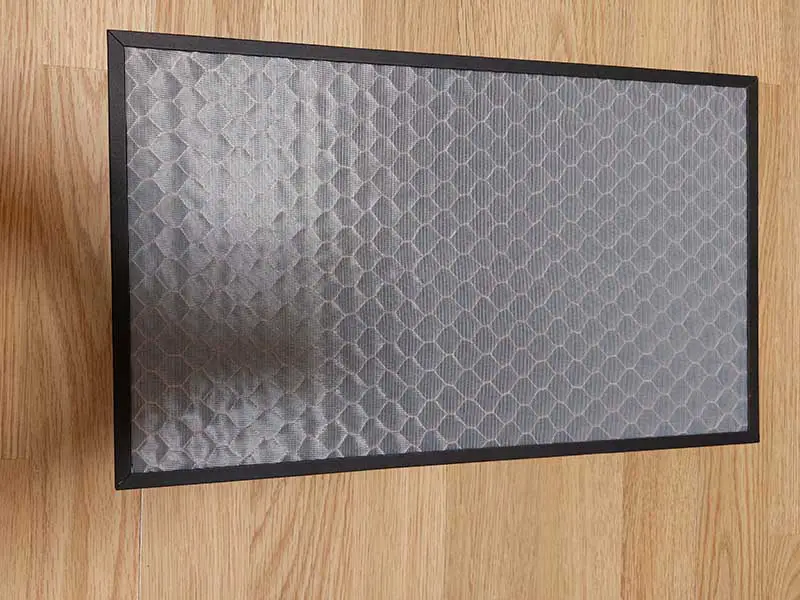
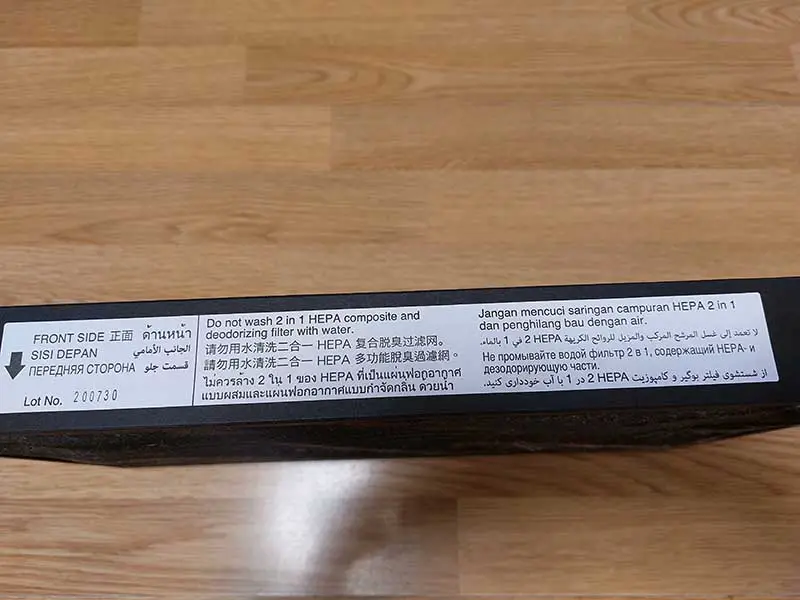
You should know that smoke greatly reduces the life of your HEPA filter. The tar in the smoke clogs the filter severely, and it loses its properties very quickly.

